Big Efficiency, Small Team
Running a solo or small medical practice is a balancing act.
You’re not just the provider—you’re the biller, the operations manager, the compliance officer, and sometimes even the IT department.
It’s rewarding work, but it’s also relentless.
There’s no buffer for inefficiency, no extra hands to absorb the admin overflow, and no time to chase down missing claims or faxes.
The good news: AI no longer requires an in-house tech team or six-figure investment.
Today’s healthcare-specific automation tools are lightweight, secure, and built for practices just like yours.
1. You Don’t Need to Be “Techy” to Benefit
AI sounds complicated—but using it doesn’t have to be.
Modern tools are built to work inside your existing systems, automating the repetitive parts of your day without disrupting how you practice.
That means:
- No coding or configuration
- No new systems to learn
- No dependence on IT support
You keep doing what you do best—AI quietly takes care of the rest.
2. Automate the Work You Dread
The fastest way to feel AI’s impact is to target the tasks that drain your time and energy.
Start small by automating:
- Prior authorizations and referrals: Let AI handle form submissions and follow-ups.
- Documentation and notes: Use AI to summarize visits or generate structured templates.
- Billing review: Automatically flag missing codes or claim errors before submission.
- Scheduling and reminders: Automate confirmations, no-show alerts, and refills.
Even a few hours saved each week adds up to a lighter workload—and a healthier work-life balance.
3. Choose AI Built for Healthcare
Generic tools can automate certain tasks, but they’re not designed for medicine.
They don’t understand clinical language, payer workflows, or compliance standards.
Healthcare-specific AI platforms, on the other hand, are trained on real medical data and built to meet HIPAA and SOC 2 requirements.
That means you get automation that’s not just fast—but accurate, secure, and compliant.
If it doesn’t speak healthcare, it’s not ready for your practice.
4. Look for Seamless EHR Integration
Solo providers don’t have time to manage multiple systems.
AI should fit into your workflow, not sit on top of it.
Choose a platform that connects directly with your EHR, so data moves automatically without extra logins or manual entry.
The best tools work behind the scenes—syncing documentation, billing, and compliance activity while you focus on patients.
When technology fits your flow, adoption feels effortless.
5. Measure Results, Not Hype
AI should deliver more than convenience—it should produce measurable improvements in time, accuracy, and revenue.
Track the impact of automation in clear terms:
- How many hours per week are you saving?
- How much faster are claims being processed?
- Are errors or rejections decreasing?
Data-backed results build confidence—and ensure that AI remains a tool, not a distraction.
Why Solo and Small Providers Choose Honey Health
Honey Health was built to make AI accessible for every practice size.
It combines automation, integration, and compliance in one simple, healthcare-native platform—so even the smallest clinic can operate like a high-performing enterprise.
Key advantages include:
- No Tech Setup Needed: Works right inside your current EHR and systems.
- AI for Healthcare: Understands medical data, not just general workflows.
- Simple to Use: Designed for everyday users, not IT experts.
- Affordable and Scalable: Grows with your practice, not your overhead.
- Immediate ROI: Saves time and reduces administrative workload within weeks.
With Honey Health, solo providers don’t have to think like tech companies—they just get to run great clinics.
Small Teams, Big Leverage
AI isn’t just a big-system advantage anymore.
It’s a tool for every provider who wants to spend less time managing the business of care—and more time delivering it.
You don’t need a tech department to modernize your practice.
You just need the right partner, the right platform, and the willingness to let technology do the heavy lifting.
In the new era of healthcare, independence doesn’t mean inefficiency.
With AI, small practices can work smarter—and still stay personal.

